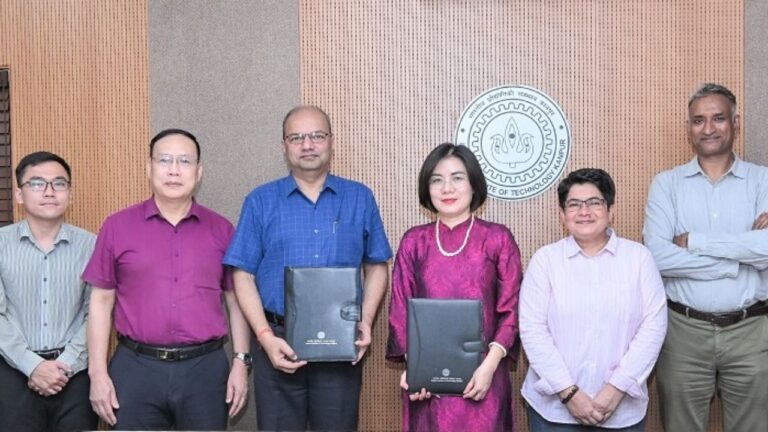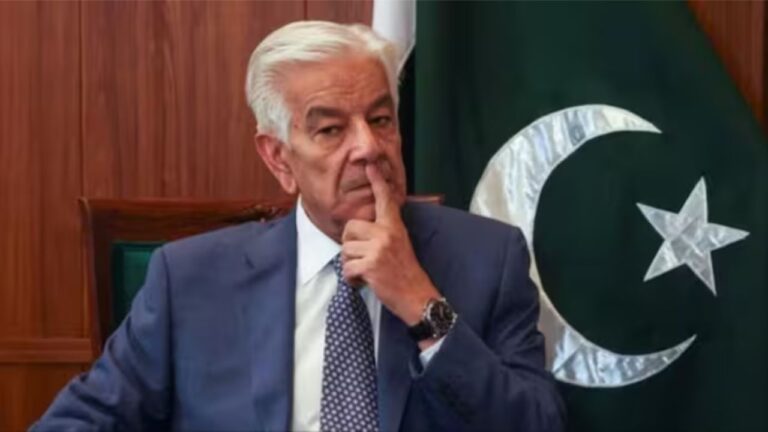
The issue of income inequality has long haunted the corridors of Indian politics, with leaders from Indira Gandhi to Narendra Modi grappling with strategies to address the gaping wealth divide. However, recent events have thrust this age-old debate into the spotlight once again, with Hindu fears emerging as a driving force behind political rhetoric and policy decisions.
A History of Rhetoric: From Garibi Hatao to Sabka Saath Sabka Vikas
Indira Gandhi’s iconic slogan “Garibi Hatao” aimed to alleviate poverty through wealth redistribution, followed by Manmohan Singh’s advocacy for “inclusive growth” and Narendra Modi’s promise of “Sabka Saath Sabka Vikas.” Yet, despite these varied approaches, income inequality remains a persistent challenge in India’s socio-economic landscape.
Hindu Fears and Political Pandering: A Dangerous Nexus
Recent developments have illuminated two predominant fears among Hindu voters – concerns surrounding Muslims and the sanctity of the Mangalsutra. These fears have been exploited by political actors, further complicating the discourse on income inequality and redistribution.
Pitroda’s Proposition: Stirring the Inheritance Tax Debate
Indian Overseas Congress chairman, Sam Pitroda, ignited a storm of controversy by advocating for an “inheritance tax” to address wealth inequality. However, his proposal was swiftly rebuked by the Modi government, invoking fears of perpetual “loot” under Congress rule.
Modi’s Rhetoric and Rahul’s Retort: A Battle of Ideologies
Prime Minister Narendra Modi’s provocative remarks linking wealth redistribution to communal tensions sparked widespread outrage. In response, Rahul Gandhi doubled down on his party’s commitment to conduct a comprehensive wealth survey, further escalating the political rhetoric.
In a landmark ruling, the Supreme Court asserted the absolute ownership of “stree-dhan” by women, challenging traditional notions of wealth distribution within households. This judicial intervention adds a new dimension to the ongoing discourse on income inequality.
Beyond Politics: Societal Implications of Economic Disparity
While the political arena grapples with strategies to address income inequality, the broader implications of wealth disparity continue to permeate society. From legal battles over property rights to the unequal distribution of wealth within households, the issue transcends mere political rhetoric.
As income inequality once again takes center stage in Indian politics, it underscores the pressing need for comprehensive reforms to address this systemic challenge. While political posturing may capture headlines, the real impact lies in tangible policies that promote equitable wealth distribution and social justice. Only through concerted efforts can India hope to bridge the ever-widening gap between the haves and the have-nots.






